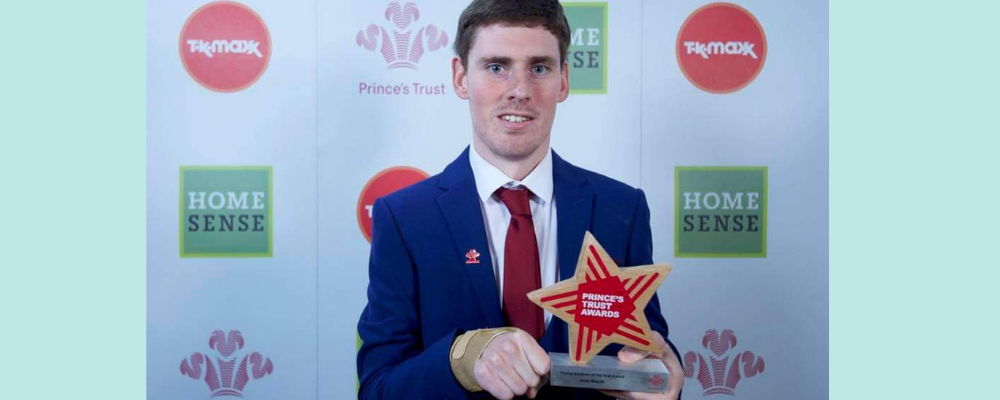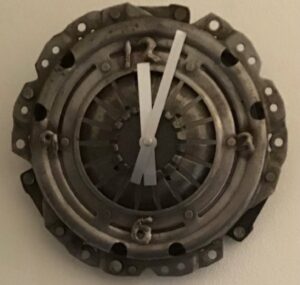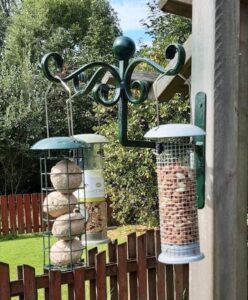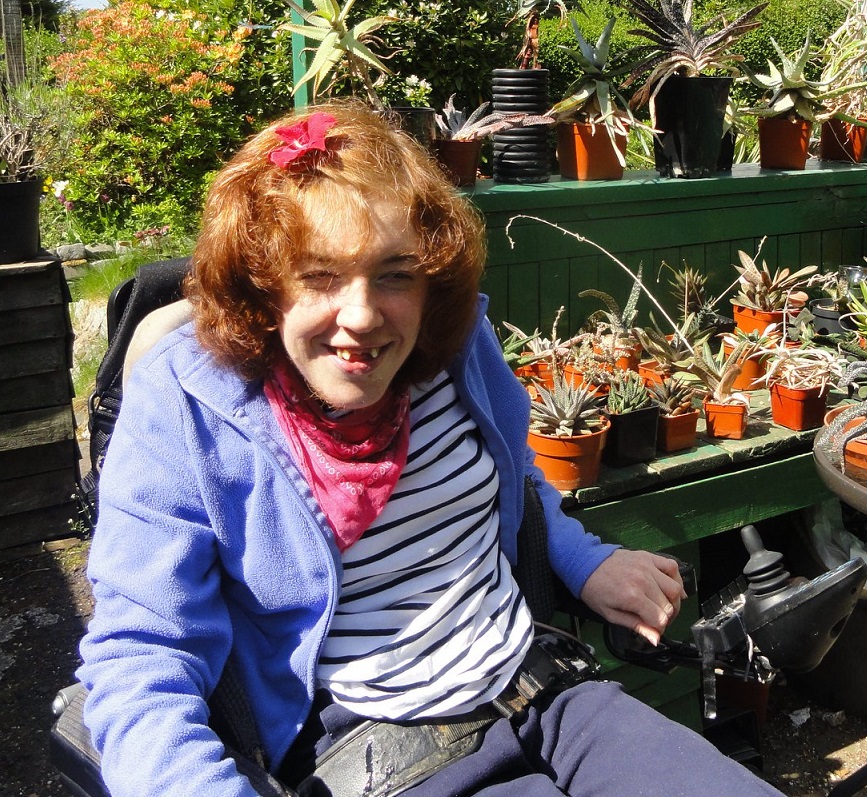Andy Tomlinson writes for us about the physical and emotional journey he went on that led to him completing the Berlin marathon earlier this month.
It took me 38 years to get to the finish line of the Berlin. A decade ago it was a journey that was impossible to imagine. Maybe a prisoner of my own thoughts and social anxiety I found solace in my own company and a games console; a sterile environment where I had control of what was allowed in my world.
Maybe in some ways I was hiding from myself. A boy divided, not sure of who he is. A boy – bearing in mind I’m 28 at this time – held captive by his cerebral palsy.
4:18:45 I crossed the finish line in Berlin. I was hoping for a sub-four but, a combination of a slight injury three weeks before the marathon, the outrageous heat and humidity, and possibly the fact I’ve not quite worked out a strategy to both hold and intake the energy I require to take into account my increased muscle tone and my unique running gait. Two years previously I would have been happy with five hours, maybe 5:30, but as it turns out I am quite competitive with myself.
A far cry from 10 years ago when I had a bilateral fracture of my femoral hip. Lucky for me the fracture was on my left side affected by hemiplegic cerebral palsy, which in this case also meant that my brain did not receive any pain signals from my fracture. I lay on the street not being able to move, thinking I had a dead leg.
I don’t know why but from the hospital bed came up with idea of climbing Kilimanjaro, then the Great Wall, then from that I found myself completing a marathon in the purple vest of Bella Road Runners.
Fast forward ten years. I’m exhausted, sitting on the curb head bowed looking down the road, looking at fellow runners stumbling over the finish line being sick, and sitting in a heap. Only a few hours later, they’re walking around Berlin and its seemingly infinite number of stairs, grinning ear to ear showing off their medals, a token of their own struggles and sacrifice. We ran as individuals but also together, feeding off each other’s stories.
Why do I put my body through so much? Kilimanjaro was a two peak 12 day hike, the marathon was three months training where accumulation of fatigue builds and builds in the hope you can run 26.2 miles under four hours – and I’m disabled.
One reason is maybe my relationship with CP? I don’t know, once upon a time I thought it was something to hide from, then to fight against, but as I’ve got older I think I’ve went through a process of reconciliation. I learn more about myself with every km I hike, run or shuffle.
It just so happens that sport or physical activity is the mediator of my sometimes strained relationship with myself, a disabled person with cerebral palsy. Maybe that’s why Berlin was the perfect place to complete my first marathon. A city once divided from itself by a wall of cold concrete. The Berlin Marathon crosses where once the wall physically stood on multiple occasions. Like acting out an elaborate metaphor, the reason I ran Berlin marathon was to bring down the walls within my mind, like the journey Bob Geldolf undertook in the Pink Floyd movie “The Wall”.
Often maybe I’m detached from how I feel, paralysed by my ability to see every “What if…” scenario and have been guilty of being like The Watcher from Marvel comics, and thus world passes me by.
That is when I’m not participating in sport. Everyone has a unique language, mine has its roots in endurance. I like the idea of planning a four hour race or two week hike – it’s an endeavour both me as a person, and more so a person with CP, cherishes. My muscle tone relaxes, I can hear the crowds cheering and the jazz band playing as I navigate Berlin, I can see the Bundestag, the boats taking tourists a ride through Berlin’s waterways. I can marvel at the Berlin Dome and full 355 feet of the radio tower in Alexanderplatz. Running alongside people from all over the world, Italy, Mexico and Peru, connected by 26.2 miles of flat road, sun and my inevitable sunburn. I connect with people along a journey that’s shared by 20,000 to 40,000 whether running or lining the streets. After a year of pandemic induced isolation. We experience the joy of shared exuberance, of heading towards the finish line together.
As I run both my cerebral palsy and I become one and the same. Reconciled shuffling the same journey, marathon is like a microcosm of life – everyone is heading in the same direction even amongst our various differing stories.
However the most important reason why I’m a marathon runner with cerebral palsy and indeed like trekking, is that it highlights the importance of community in increasing accessibility. People build walls and take down barriers. I’m a CP runner so I can run with people on their own journey. Well for 26.2 miles at least.
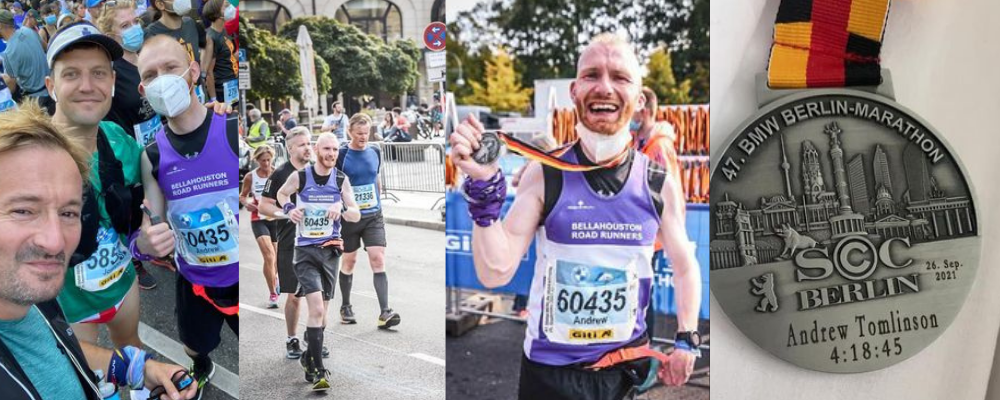
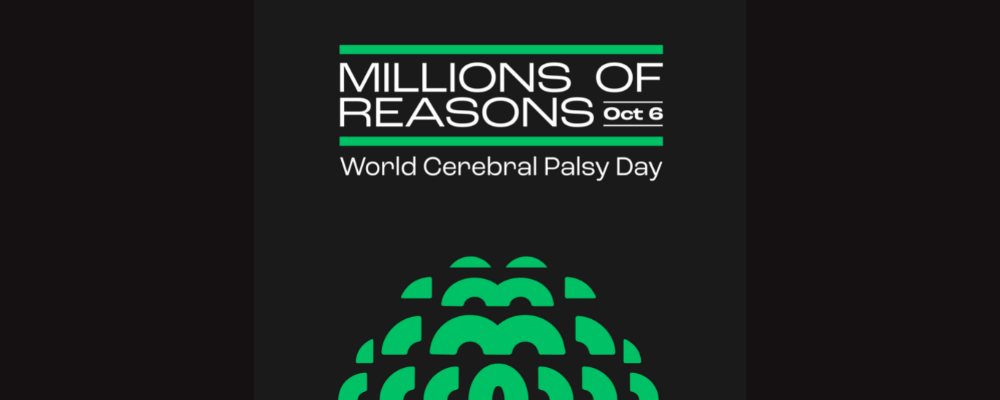
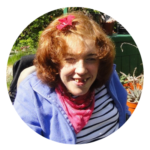
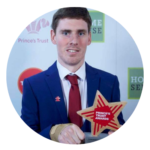
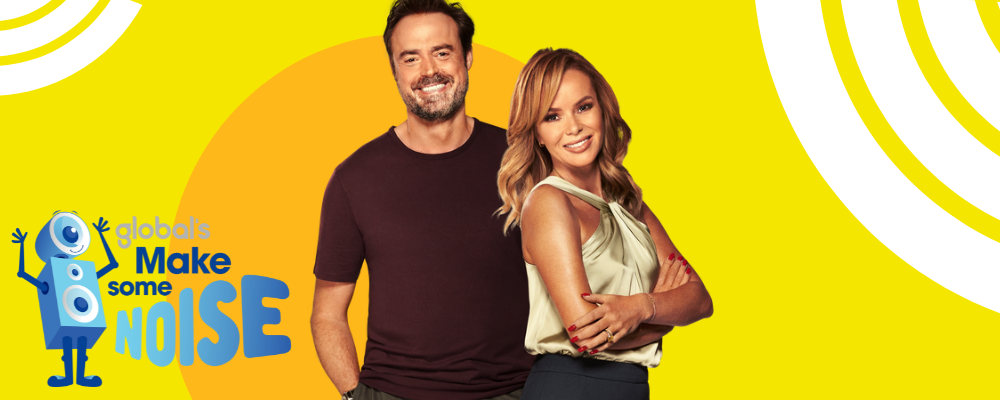
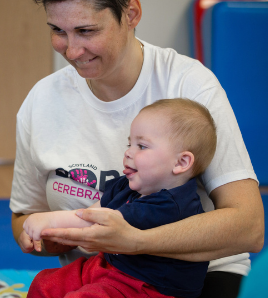 Money raised by listeners to Global’s Make Some Noise appeal will be going to support our work with babies and their families in 2022.
Money raised by listeners to Global’s Make Some Noise appeal will be going to support our work with babies and their families in 2022.